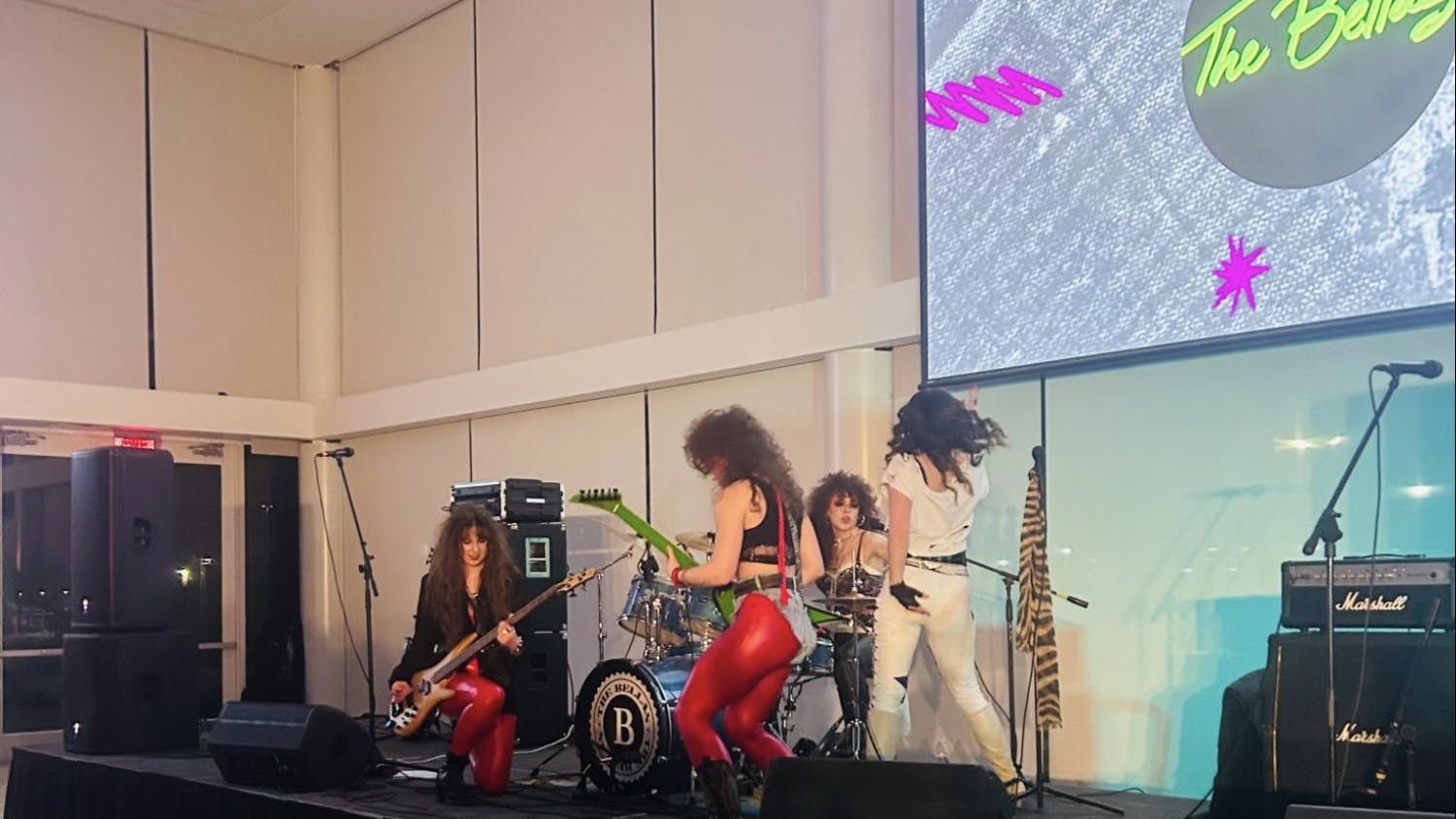The music industry moves awfully quick and, before you know it, a whole movement can come and go with the blink of an eye. Music however, is the most corruptible form of mass media in the world and it is when a movement becomes corrupt that things go from good to bad.
We have seen this phenomenon time and time again in the music industry as one-time respectable genres of music are defined and streamlined in order to make them homogeneous and repeatable. We have seen this happen in the hip-hop world and within the realms of hard rock, a process which originated with soft rock in the late 1970s and early '80s. This progressed until soft rock became a terribly uniform and unavoidable element in the life of the average person. Radio frequencies were ruled by such artists as Journey and Christopher Cross as soft rock became the industry standard and was constantly manipulated to fit the tastes of major label executives.
The latest genre of music to be subjected to this unfortunate process is emo. This genre has seen itself grow from being one of the most successful underground forms of musical media to becoming one of the most industry-corrupted types of music. Now this is the part of the article where all of you reading out there ask how this genre of music has become corrupt and I'm here to tell you that I am not blaming the musicians in this scenario. Rather, it is the record labels that are at fault for single-handedly changing the definition and style of the genre. For years, emo was one of the most popular underground styles of rock. The roster of bands that could be placed into this genre was quite impressive - Mineral, Braid, The Promise Ring, At The Drive-In, Sunny Day Real Estate and Jets to Brazil were just some of the very talented bands that perpetuated this style of rock.
But when the major labels started to get involved, they started to change the way the genre would look and sound. Bands like blink-182 and New Found Glory are introduced to the music community and are immediately and incorrectly placed within this field of music. This leads to the evolution of such groups as Simple Plan, Good Charlotte, Sum 41 and Brand New, all of whom are considered to be emo bands when in fact none of them really are. This has changed the perspective of the genre from being an underground movement to that of a mainstream seller which can guarantee commercial success and both radio and MTV airplay. So now record labels assemble groups together hoping that they've discovered the next version of American Hi-Fi and another gold record.
In essence, this makes this corrupted version of emo the new soft rock. The sound and song content has been homogenized so as to produce radio and commercial success. And it has worked because these type of bands rule radio airwaves. It's sad to see since the true version of emo, which still remains a hugely popular underground force in music, continues to be quite good.
So here is my advice to you, fans of the genre now called emo. Go out and listen to Pedro the Lion, Rainer Maria, Sunny Day Real Estate, Hey Mercedes and whatever project Jonah Matranga is working on (though I would recommend his older stuff). Then you will find that true emo is not corrupted and is in fact a very viable genre of music.






